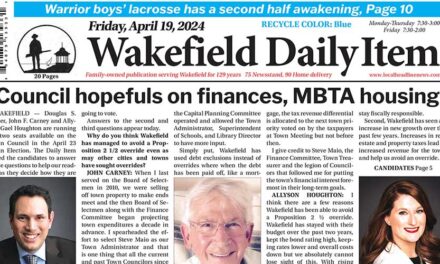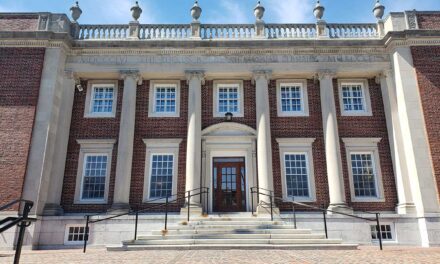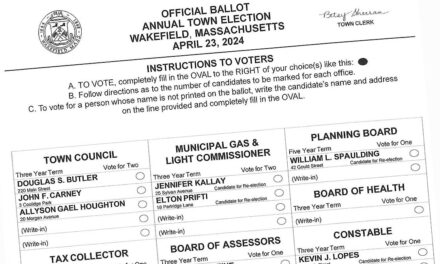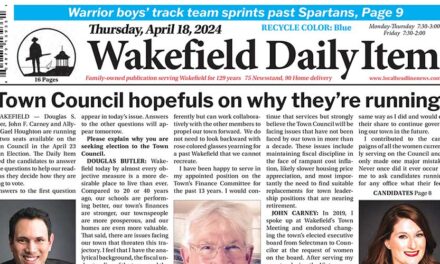Normally, I give topics like Global Warming and Climate Change a good leaving alone. It’s a slippery slope that can quickly trigger an avalanche of supercilious lectures from the Reality-Based Community.
But in my reality I have eight feet of snow in my front yard and if the AccuWeather Boston forecast holds true, we’ll finish February with 26 of 28 days below normal temperatures, most of them well below normal.
So I’m a little cold right now and a little tired from shoveling. (I don’t own one of those carbon-spewing snow blowers.) And when I’m cold and tired, I’m cranky.
In general, Climate Change and Global Warming tend to poll very low in terms of issues that Americans are most concerned about. That’s especially true when icicles stretch the length of three-story buildings and two-foot thick ice dams are causing water to gush into people’s dining rooms and kitchens.
So right about now, a little Global Warming doesn’t sound like such a bad idea to a lot of people.
One year ago, on Feb. 7, 2014, the New York Times published a piece by Porter Fox entitled “The End of Snow?” It worried that in the northeastern United States “more than half of the 103 ski resorts may no longer be viable in 30 years because of warmer winters.” (I trust that Mr. Fox has had no difficulty locating an open ski resort this winter.)
But never fear, there is also an explanation for the view you see outside your window today. It’s the warmer oceans. You see, the warmer ocean water evaporates into the atmosphere more easily and all that extra moisture ends up falling on us in the form of more frequent and more intense winter storms. (And yet somehow, despite all this evaporation, the seas still manage to rise!)
So let’s review. Lack of snow: Global warming; frequent, extreme winter storms: Global warming. Heads they win, tails we all lose.
I know, 97 percent of climate scientists agree that human activity is causing the planet to warm. I’m pretty sure that 97 percent of scientists also once agreed that the earth was flat and that the sun revolved around the earth.
Further adding to our collective foul mood, our electric rates jumped 30 percent this winter in large part because the anti-fossil fuel lobby has managed to block the construction of additional pipeline to bring in the natural gas desperately needed to fuel New England’s electric power generating plants. More demand and less supply mean higher prices. That’s called settled economics.
Never mind that natural gas is much cleaner for generating electricity than the coal-fired plants being phased out. That’s not good enough. We must eliminate all fossil fuels right this minute and go entirely with renewables like wind and solar. And if you point out that these technologies are a long way from being capable of supplying the region’s power needs, well you must be some kind of paid shill for the fossil fuel industry.
So a friendly tip to the enviro crowd. Now is not the time to be lecturing us about divestment from fossil fuels. We’ll be much more open to those sermons when all the snow is gone.
By the looks of it, that will be around the end of June.





